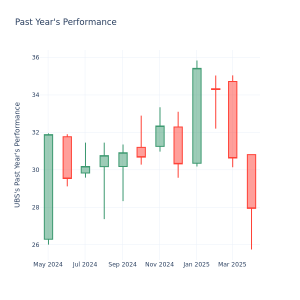While you have until April 15, 2025 to file taxes for the 2024 tax year, waiting until the last minute probably isn’t the best idea, and the last minute is unfortunately upon you.
Find Out: The Best Tax Deductions and Tax Breaks for 2024-2025
Read Next: 25 Creative Ways To Save Money
GOBankingRates spoke with two tax experts to find out what tax moves you should be making right now. Here’s a look at five tips they shared to get your taxes filed smoothly, even when last minute.
“Create both electronic and paper folders to collect and organize your tax documents as they arrive,” said Dina Leader Powers, CPA, CFP, wealth manager at Fairway Wealth Management in Independence, Ohio. “Compare your current year documents to your prior year documents to make sure you’re not missing anything.”
Of course, you might not have the same exact documents as last year.
“Consider whether there are any new documents you should expect for 2024, due to new income items stemming from new investment accounts, bank accounts, a job change, IRA rollover, sale of property, etc.,” she said.
Learn More: Who Would Benefit the Most from Trump’s Social Security Tax Plan
“It’s always a good idea to file a tax extension before filing your tax return, even if you plan to file early,” said Crystal Stranger, JD, EA, NTPI fellow, CEO of Optic Tax. “Filing an extension gives you extra time to file a superseding return to make changes until October, preventing penalties if you later find out something was missed.”
Consider this an insurance policy of sorts, so you don’t have to stress if meeting the April 15 deadline doesn’t go as planned.
Double-checking your tax forms can save a lot of hassle, especially as you are more likely to make an error if you are rushing. However, you still have time to dot the I’s of your income and cross the T’s of your taxes.
“Verify that all the forms on your tax return are final by the IRS before you file,” Stranger said. “If a form isn’t released as final yet, then if you e-file early, it will be rejected and you might not realize your return wasn’t filed.”
“If you don’t have enough to exceed the standard deduction — single: $14,600, joint: $29,200, head of household: $21,900 — don’t waste your time collecting all the detailed information,” Powers said.
She said the largest components of itemized deduction calculations for most people are medical expenses, state and local taxes, mortgage interest and charitable contributions.


